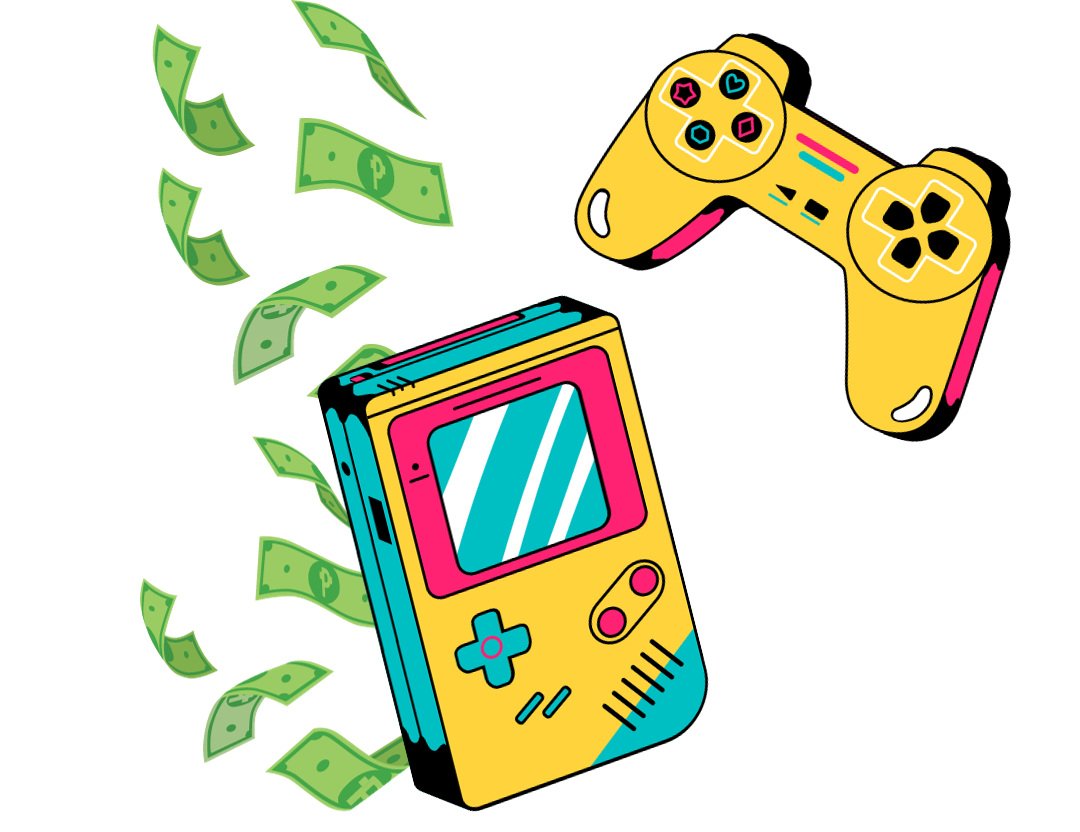When greed overtakes humanity and tramples over goodwill
Many big corporations are becoming increasingly heavy-handed about their profit margins these days, slashing benefits of employees and piling on more fees to customers in an effort to fatten up the wallets of investors. As they do this, they completely trample on the good will of their loyal customer base, in many cases abandoning key features that made their product or service popular in the first place.
The latest example of this trend is from the company Unity which has been around since 2005 and created one of the most popular cross-platform gaming engines. Due to its royalty-free pricing structure, Unity was popular among big companies and small indie developers alike. But now it’s implementing a flat fee per game-install above a certain revenue threshold for each game, which could have catastrophic consequences for many game developers. Not only are they giving less than four months notice to gaming companies to deal with this change, they are also applying it retroactively to existing games, which means that many companies may have to unlist their games to make ends meet. Games that are sold for free or at low prices will undoubtedly be the most affected, but there are also other issues, such as the potential for trolls to install and uninstall games constantly to make companies deliberately lose money.
The Unity engine pricing change has been universally reviled by its community members, many of whom have protested the change on social media, reminiscent to other similarly ill thought changes within companies like Reddit and X (formerly Twitter). One common thread among these types of changes is the lack of feedback and accountability to the community of users that made the company successful in the first place, often done in spite of already profitable margins, which can feel like a spit in the face for customers. Whether the changes will ultimately be profitable for companies like Unity, X, and Reddit remains to be seen, but it is unquestionably a resounding moral failure.
So what can companies do to avoid moral pitfalls like the one mentioned above if they care about equity and fairness?
Always think about the value you are providing to your community and whether it’s proportional to the prices being charged. Relatedly, if you’re a business owner with employees, consider if your employees’ wages and benefits are commensurate with the value they are adding to the company on top of being a livable wage.
Think about whether the pricing burden is disproportionately higher for vulnerable or disadvantaged community members. In the case of Unity, a fee that may be the drop in the bucket for a large gaming company may be cause for bankruptcy in a small company.
And last but not the least, before implementing big changes, get feedback from your community members to see how it would be perceived. There may be different nuances to the policy that you are not aware of, but those who are affected by the policy change most certainly will be. In the long-run, alienating your community serves no-one, neither you nor the customers. In the case of Unity, their stock prices tanked this week when the news was announced and many gaming companies are already planning to use a different gaming engine for their next product.

